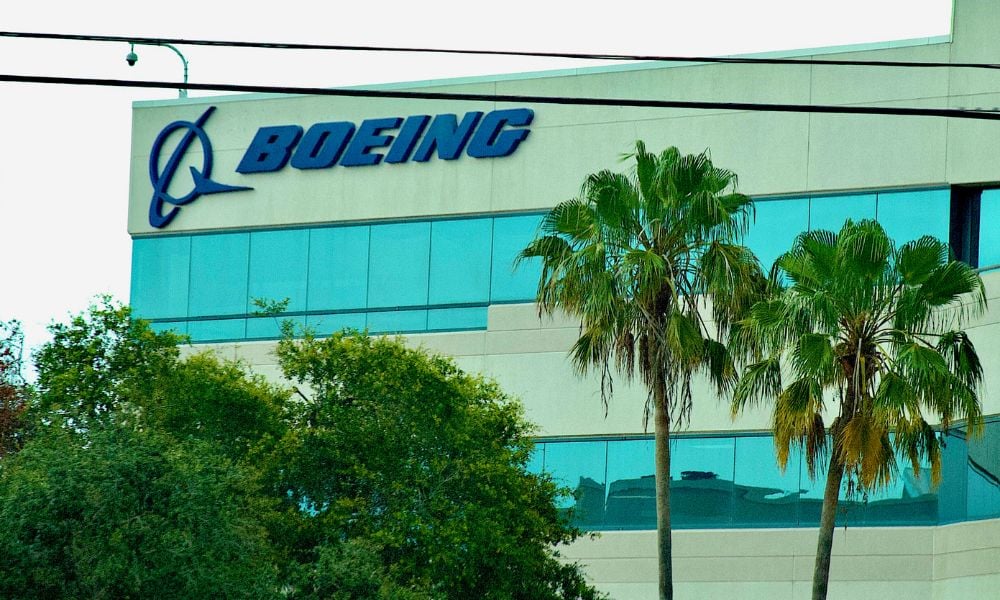Workers reject contract and walk off, raising concerns about delays, financial impact, and downgrades

Boeing CFO Brian West acknowledged that the labour strike, which began just after midnight on Friday, will hurt aircraft deliveries and “jeopardize” the company’s recovery, according to CNBC.
This came after factory workers overwhelmingly rejected a new labour contract and walked off the job. West emphasized that Boeing’s focus is now to return to negotiations and “reach an agreement that’s good for our people, their families, our community.”
Following the strike announcement, Boeing shares dropped nearly 4 percent on Friday.
Moody’s placed all of Boeing’s credit ratings under review for a possible downgrade, and Fitch Ratings warned that an extended strike could increase the risk of a downgrade, which could drive up borrowing costs. Boeing is already facing a growing amount of debt.
West did not confirm whether Boeing could achieve its goal of producing 38 737 Max planes per month by the end of the year. Aerospace analyst Sheila Kahyaoglu from Jefferies previously estimated that a 30-day strike could cost Boeing US$1.5bn.
Boeing and the International Association of Machinists and Aerospace Workers had proposed a tentative labour agreement, which included a 25 percent wage increase over four years along with improvements to healthcare and retirement benefits.
However, workers were pushing for a 40 percent raise and argued that the offer did not sufficiently cover rising living costs. In response, 94.6 percent of workers voted to reject the proposal, and 96 percent supported the strike, which began just after midnight on Friday.
The strike is expected to affect Boeing’s production of its bestselling 737 Max planes, built in Renton, Washington.
West stated, “The strike will impact production and deliveries and our operations and will jeopardize our recovery.” He added that Boeing’s immediate priority would be to focus on conserving cash. Additionally, Boeing’s new CEO Kelly Ortberg will work on rebuilding relationships with the union.
The strike poses another challenge for Boeing, which has already faced multiple production issues and safety concerns. In January, a door plug blowout on a nearly new Boeing 737 Max 9 led the Federal Aviation Administration (FAA) to prevent Boeing from increasing production of its Max planes.
The FAA also increased its inspections at Boeing’s plants, requiring Boeing to improve its safety and quality procedures.
The FAA confirmed on Friday that inspectors would remain at Boeing’s facilities during the strike. Boeing machinists last went on strike in 2008, with that work stoppage lasting almost two months.



